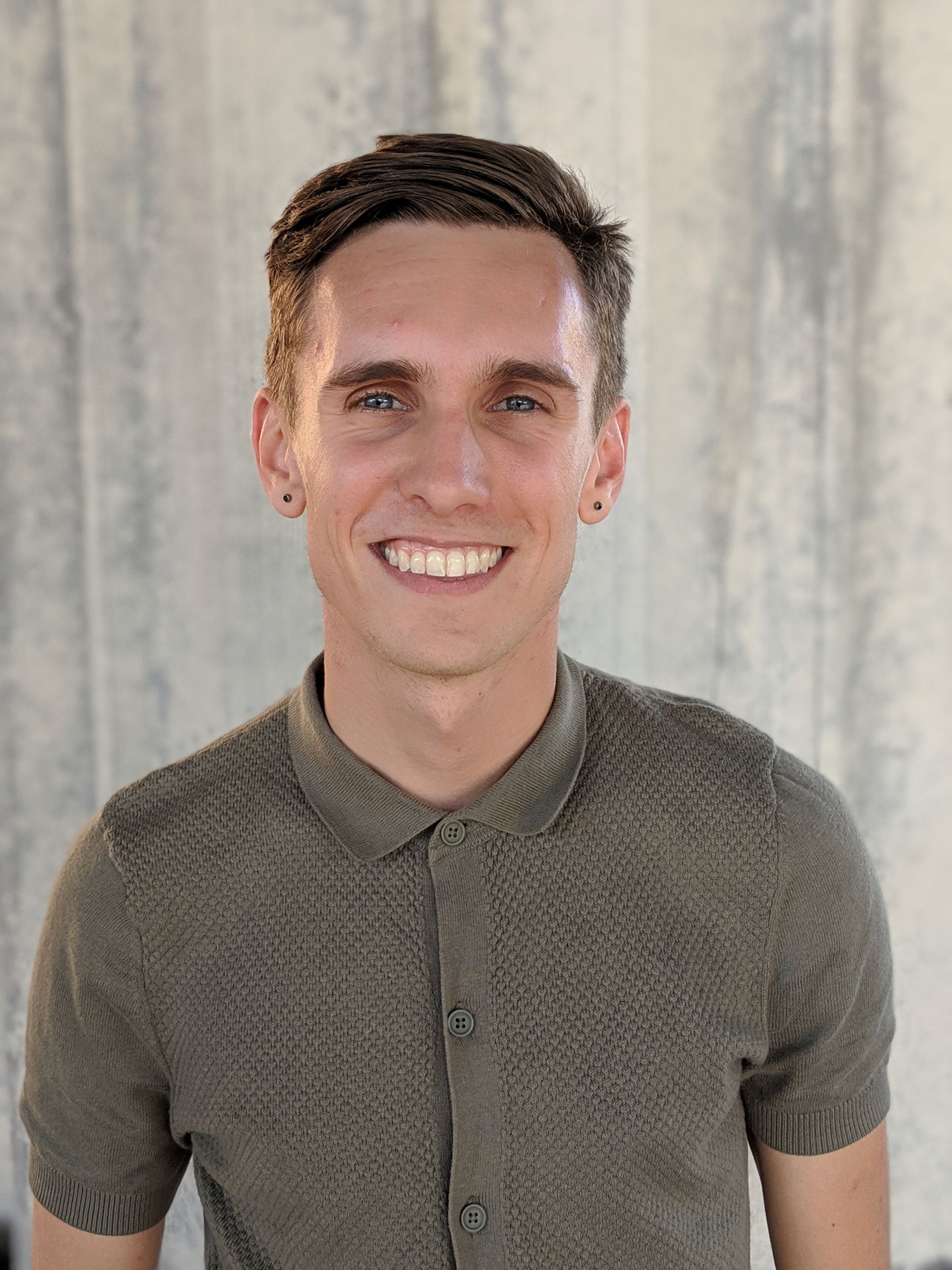Elliot Huemann, MACP.

1. What's your practice focus and what kind of clients knock on your door ?
Over the past few years I've been tailoring my practice to work mostly with gay and queer folks working through trauma. Often clients come to me due to relationship or identity question and uncover a deeper need for trauma/developmental processing along the way.
2. Tell us about yourself.
I got started working in private practice because I love working directly with clients in creative ways. I knew that private practice was the path for me because I wanted the freedom to be able to experiment with clients and build a practice structure that could be flexible for me and my clients. I feel most motivated by the challenge of coming up with creative ways to help clients have new/unfamiliar nervous system experiences.
3. Tell us the story of a patient who you are most proud of helping.
I was working with a young man who had dealt with various forms of abuse and neglect throughout his life. He identified that contacting or expressing grief felt out of reach for him. Through somatic experiments we were able to locate and reintegrate grief not only in his mind, but also in his physical embodied experience. This transformation lead to a huge shift for him in terms of his emotional range and overall sense of self.
4. What's one of the hardest things that comes with being a practitioner in private practice?
Loneliness. The flip side of the freedom of a private practice is the isolation that can come if you're not intentional about developing supportive relationships. Over my years doing this work I've had to develop and prioritize relationships that feed me and help me feel encouraged day in and day out.
5. What are the top 3 tips you'd give to anyone looking to start, run and grow a private practice today?\
The top 3 things I would suggest to someone would be:
- Take time to figure out what you're about. It's tempting to fill a private practice with anyone who wants to work with you, but this isn't going to lead to the best therapeutic alliance.
- Set a schedule that works with you. I learned that I can only see two clients in a row before needing a break, so I built a schedule that works for that. This not only helps me, but gives my clients a more focussed and refreshed therapist
- Set good boundaries. When you're done with work, be done.
